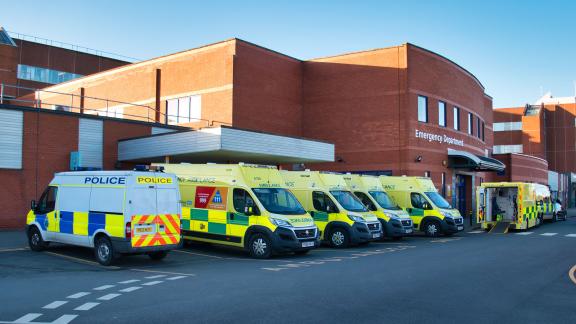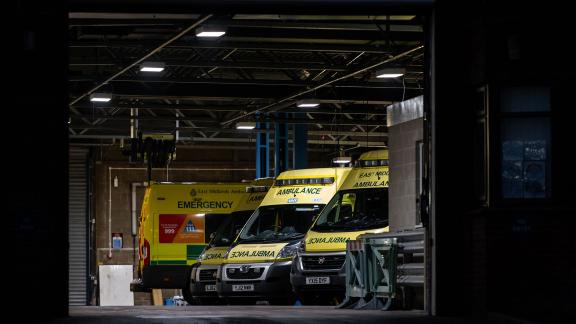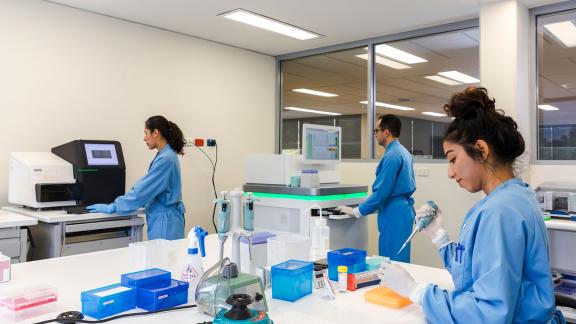Autumn demand doesn't bode well for winter

- In October, the number of life threatening calls to the ambulance service rose on the previous month (4,918 vs 4,432), making up 13.7% of all calls (vs 12.5% in September).
- In October, an average of 159 immediately life-threatening calls were made each day, 11 more than in September and the second highest on record.
- The number of pathways waiting longer than 36 weeks decreased in September, to just over 229,150.
- In September, patient pathways waiting longer than one year for their first outpatient appointment decreased to around 51,700, 49.7% less than the peak in August 2022.
Responding to the latest NHS performance statistics in Wales, director of the Welsh NHS Confederation Darren Hughes said:
“There’s a real mixed picture in terms of performance for September and October, but NHS leaders recognise things are not where they would like them to be.
“There was a noticeable jump in demand and therefore calls to 111, number of visits to the 111 website and use of symptom checkers in October. The number of life threatening (red) calls to the ambulance service also went up overall and as a percentage of all calls. The average number of immediately life-threatening calls made each day was the second highest on record, despite it only being the very start of the winter months. Emergency department (ED) attendances, although less than in September, were also historically high, with ED performance suffering.
“This doesn’t bode well for winter demand on urgent and emergency care services and the knock-on effect this has on the NHS’s ability to continue to tackle the elective backlog.
“In scheduled care, we continue to see the overall waiting list gradually grow, although the steady decline in the longest waiters shows the concerted efforts in this area. Meanwhile, average daily referrals for first outpatient appointments are historically high, showing persisting demand and high levels of activity. This shows staff are working tirelessly to improve the rate and quality of care provided, making significant steps, for which we must thank them.
“It’s clear demand across the system continues to be historically high, with more people needing and using NHS services than ever. This comes at a time of financial challenges for NHS organisations, with health boards required to find efficiencies to bring down their deficits.
“If this is the picture we’re seeing at the start of winter, health and social care services, staff, partners and patients are undoubtedly in for one of the hardest winters of all time. In the long-term, unless we collectively tackle demand – that is, all sectors and government departments doing all they can to support the population’s health and wellbeing – the sustainability of health and care services will be at risk.”



